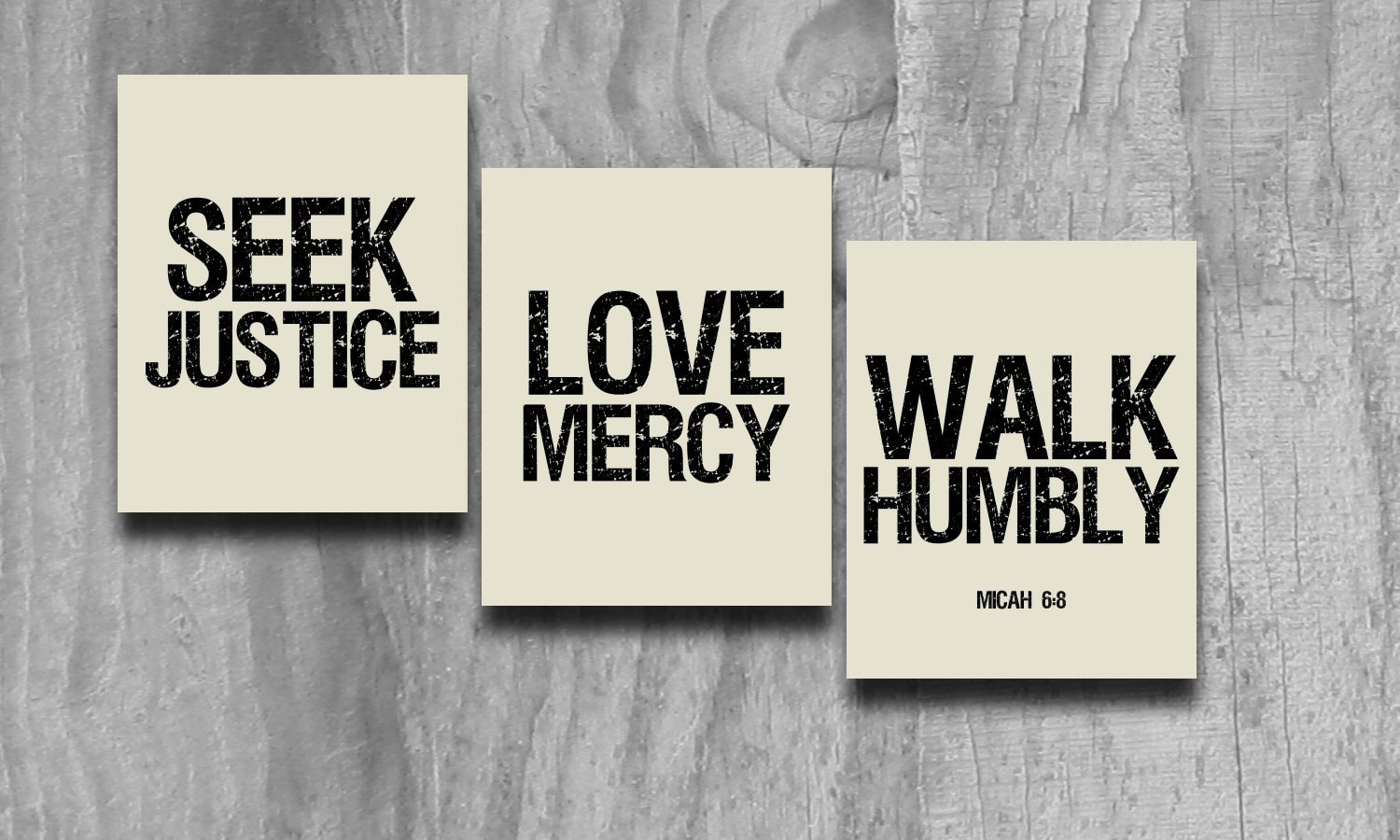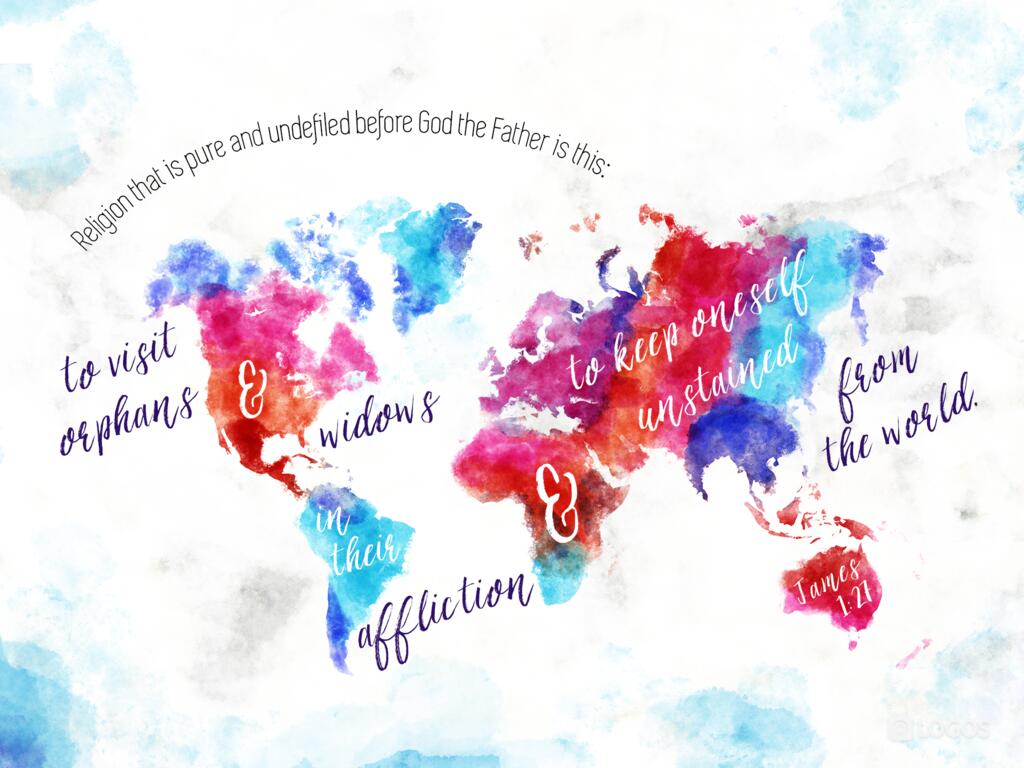I've largely stayed off social media this week. I just couldn't deal with it. So here is simply a reflection of what has been swirling in my own head and heart tonight:

This year, Good Friday came on a Wednesday morning. Or at least that's what it felt like.
My soul was heavy. Withdrawing. Weepy all day.
It wasn't because my candidate or party lost, it wasn't sour grapes or because I'm a sore loser. It was because of the kick-to-the-gut reality that my most cynical conception of this country seemed to be too true. The reality that hateful rhetoric still woos. That demonizing the other still wins elections. It was strange to feel so disappointed, even while having known for some time that this country's racial sins were still so deep and abiding.
Trump's popularity firmly demonstrates we've never been colorblind or over our racism, and that such a mindset simply hides the problems this country has. Perhaps the blatant bigotry that was exhibited in his campaign has finally jarred some people out of their denial of modern racism. Or perhaps it's just given "good white folk" someone to scapegoat, while ignoring our own implicit biases and systematic contributions.
Is this the final temper tantrum of a dying breed? Or is it the harbinger of even worse behavior that is yet to come as white America feels its power slipping, feels its back against the wall?
Already people want to make excuses, to pretend that the months of hateful rhetoric was just lip service to gain attention.Yes, there are multiple factors at play. Yes, there may have been other reasons to vote for Trump. But a vote for him meant that those reasons were fundamentally more important to his supporters than the pain and suffering of millions of their fellow Americans. Millions in our country have been violently threatened, and America didn't care. They voted for him anyway.
So many people in my life are hurting, scared, feeling unloved, or unworthy. In our neighborhood there are scores of people who fear deportation and hate crimes. In our offices are newlyweds scared to see their marriages torn apart. On our campus are young women scared to go the next party, knowing "locker room talk" often becomes action. In our church are dozens who are at risk of losing the healthcare that has made such a difference in their lives.
A Call to White People
For many people of color and the many other oppressed groups that have been targeted by painful words and deeds in these last months (years, decades, centuries), now is time for mourning, for weeping, for lament. Creating space to nurse tender wounds, to love one another deeply, and reaffirm for each other the fundamental truths of our humanity. In these spaces, calls for national unity, support of country, and reconciliation can feel callous and even cruel. This is not the time, this not the place.

But my call to white people, people of privilege, people of power, is to double down on your efforts to combat oppression, both the blatant and the sly. It is time to stand firm and proclaim"not on my presence" to the ugliness that this elections has revealed.
It does not take a lot of bravery to preach to the choir. It is not courageous to condemn bigotry from within your own
filter bubble. Pontificating to other white folk who are "down with the cause" does very little to protect and strengthen the lives of the oppressed.
No, what is needed is your voice in the intimate moments, the private interactions with your friends, your family, your business partners, your donors...the ones that influence your daily life. It is in conversations with these individuals that you are being called to speak up. Not to just let it pass, not to just let it slide, not to just keep the peace. It is your job (you!) to stand up and speak out, particularly when it hurts your status the most. Speak in love, and perhaps with a quiver...but speak. (Remember, friends, Thanksgiving is coming...and it's
going to come up).
New Fruit
This morning was Sunday morning. And while is hardly yet Christmas time, much less Easter, this morning it felt like perhaps we might still be at the beginning of resurrection after all. One more time, we came together as the
Church for All People. Once more time, we worshiped side-by-side across race, class, cultural divisions. One more time, we proclaimed that
this is what God would have for us. And one more time, we refused to let go of that dream.
Together we sang the old songs of the Church, that were birthed out of dire situations of violence and oppression, when there seemed to be no hope. And yet there we stood, the fulfillment of the dreams of so many who had come before. Dreams that may have been deferred, and parts of which are still being deferred. But yet our very existence testified to the hope on which we must once again lean.
Together, we sang "
Goodness is Stronger than Evil," "
We've Come This Far By Faith, " "
I Know the Lord Will Make a Way for You and I" and "
I don't believe God's brought me this far to leave me." Finally, we closed worship at UM Church for All People, on the Sunday after the 2016 Presidential Election with one last song, as we locked arms in promise and solidarity with one another:
We shall overcome
We shall overcome
We shall overcome someday
Deep in my heart, I do believe
We shall overcome someday
We are not afraid
We are not afraid
We are not afraid today
Deep in my heart, I do believe
We shall overcome someday
Sometime faith is simply speaking truth to ourselves and getting up again to face the next day.
It may feel like Good Friday, but Sunday's coming.
This is our fruit.









